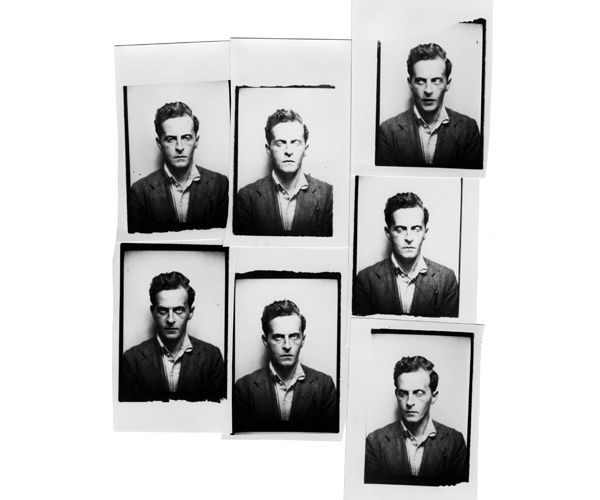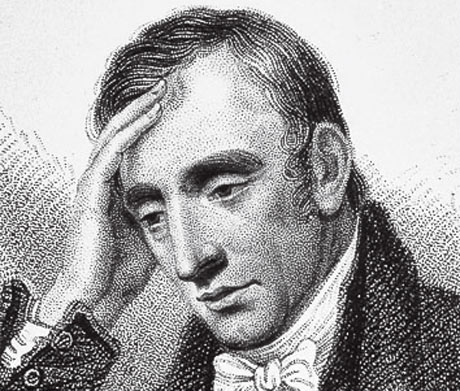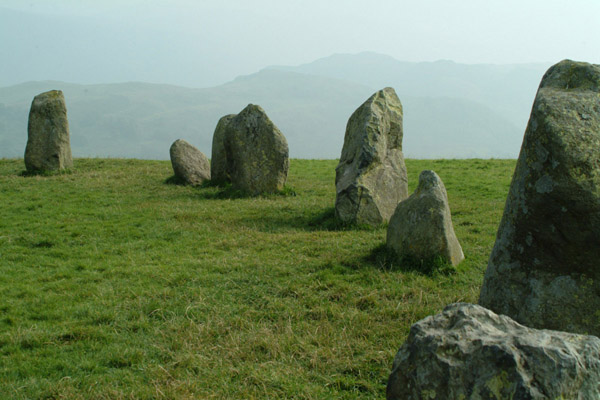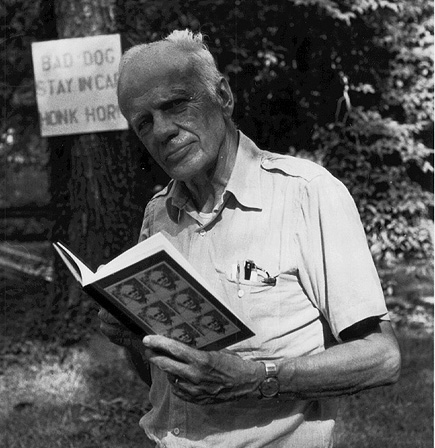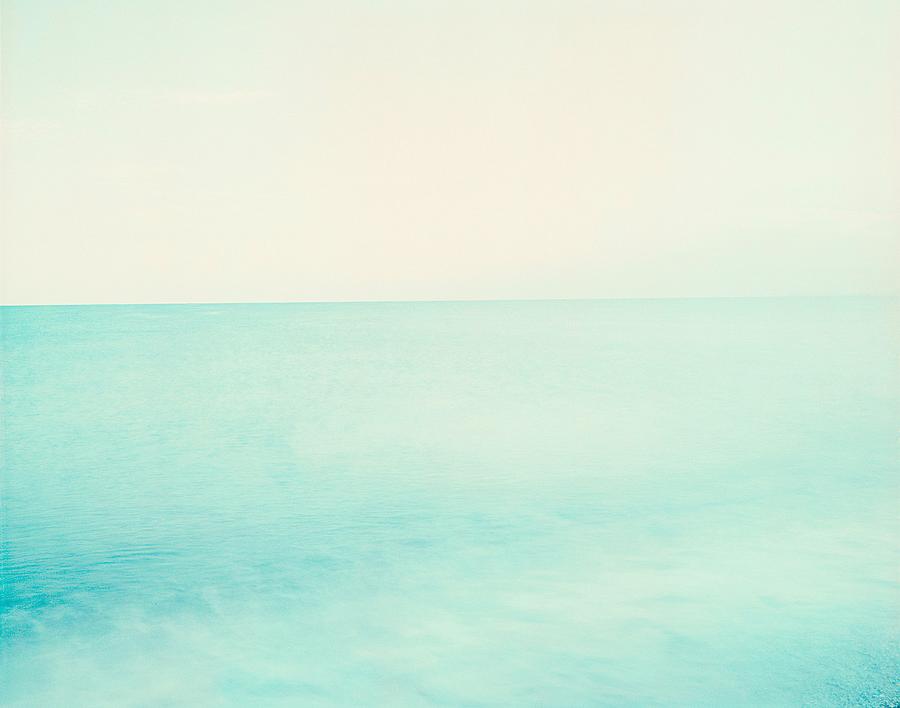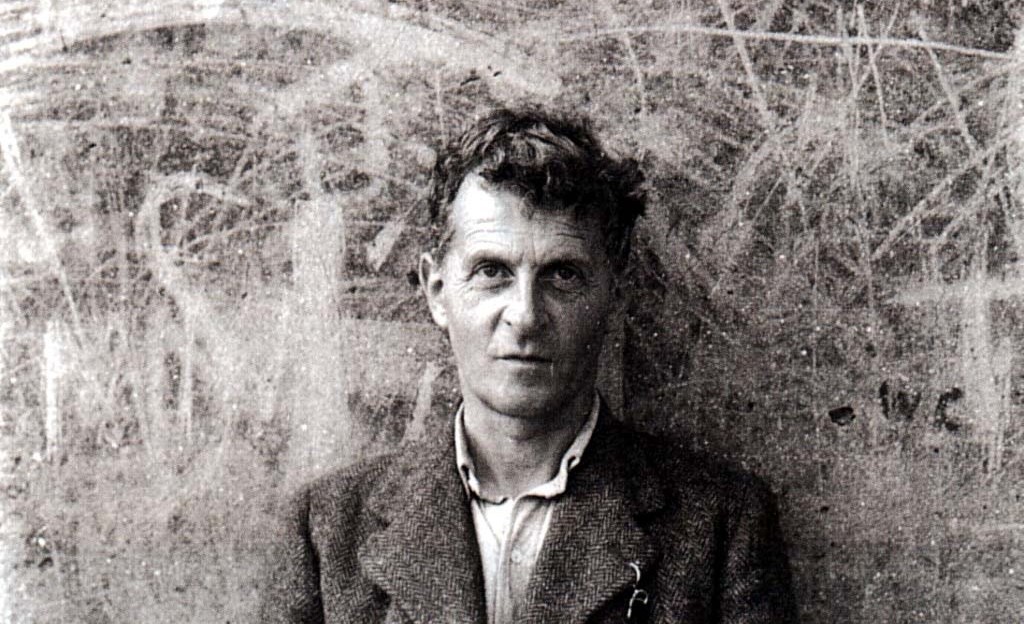
Wittgenstein on the Face of a Work of Art
There is, so to speak, an internal relation between our theories of psychological expression and our theories of aesthetic expression. If we therefore want to hold on to the thought that art is, in fact, expressive, a great deal will depend on how we understand the expressiveness of the human figure. Yet at the same time, if we are convinced that art is not expressive (for whatever theoretical reasons), then that may, in turn, influence the way we see the human body itself: perhaps draining not only works of art, but the human body too, of their expressive powers.

